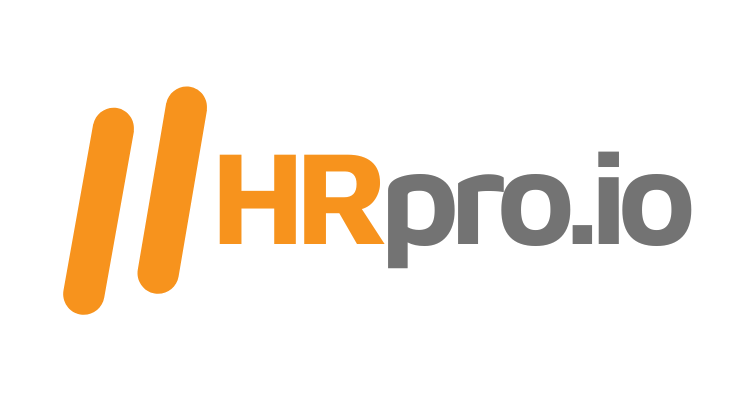As your business grows, maintaining cost efficiency becomes increasingly critical. One significant area where costs can spiral is through your Professional Employer Organization (PEO) partnership. While PEOs provide valuable HR services, they can become less cost-effective as your company scales. High fees for HR services that could be more economically managed in-house or with a different provider can significantly impact your bottom line.
When you initially partner with a PEO, the cost may seem justified by the convenience and comprehensive support offered. However, as your company grows, these costs often increase. PEOs typically charge based on the number of employees or as a percentage of payroll, which means that as your workforce expands, so do the fees. This pricing structure can lead to substantial expenses that might not align with the level of service or benefits received.
To assess if you’re overpaying, start by reviewing your PEO contract and fees in detail. Compare these costs with the potential expenses of hiring an in-house HR team or outsourcing specific HR functions. Consider the specific services your PEO provides and determine if they match your current needs. For example, larger companies often benefit from specialized HR functions that a standard PEO package may not cover.
Additionally, research alternative PEOs to see if they offer more competitive pricing or better services tailored to your size and industry. Some PEOs are better suited for smaller companies and may struggle to provide cost-effective solutions as you grow. Transitioning to a PEO that caters to larger businesses could lead to significant savings and improved service quality.
Ultimately, the goal is to ensure that your HR expenses align with the value provided. Regularly reviewing and comparing your PEO costs against your business’s needs will help you make informed decisions and maintain cost efficiency.

Recent Comments